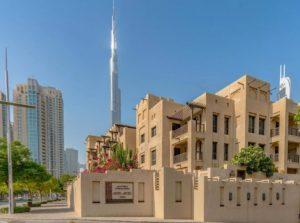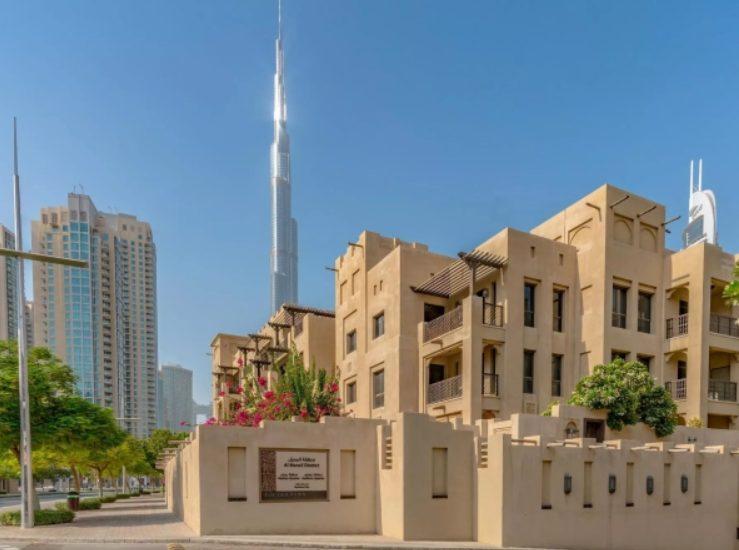Dubai distinguishes itself as a thriving market with a wide range of real estate investment prospects. To guarantee that your investment is safe and compliant with the law, you must properly register your property. I’m here to guide you through a step-by-step guide to registering property in Dubai, because I’ve been there myself. Let’s explore the specifics of registering real estate in Dubai!
Also see: Dubai Property Ownership Laws for Expats: What You Need to Know
Step 1: Understand the Legal Framework
It’s essential to become familiar with the legal framework governing property ownership in Dubai before you even start the registration procedure. Every real estate transaction and registration is governed by the Dubai Land Department (DLD). It would be easier for you to go through the process if you are aware of the legislation pertaining to ownership rights, property kinds (freehold vs. leasehold), and related costs.
When I first started, I recall that learning about the laws helped me feel more at ease and provided me a clear idea of what to anticipate.
Step 2: Gather Necessary Documents
After you have a firm understanding of the law, it’s time to gather all the required paperwork. The following is a list of things you usually need:

Also see: The Most Affordable Communities for Expats to Buy Property in Dubai
- Your proof of ownership is the original title deed.
- The conditions of the sale are described in the Sale and Purchase Agreement (SPA).
- Emirates ID: A copy of your Emirates ID is required for residents.
- Copy of Passport: Non-residents must present a current copy of their passport.
- NOC from Developer: A No Objection Certificate (NOC) is required if you are purchasing from a developer.
The registration process will go more smoothly if these documents are available. I discovered that planning things in advance greatly simplified the next steps.
Step 3: Pay the Required Fees
There are fees associated with registration, which must be paid at the time of registration. In Dubai, the registration fee is normally 4% of the purchase price of the property, though this might change based on the location and kind of property. For precise costs, be sure to inquire with your developer or the DLD.
Also see: The Ultimate Guide to Off-Plan Properties in Dubai
In order to prevent any last-minute shocks, I made sure to budget for these fees up front when I registered.
Step 4: Submit Your Application
When all required paperwork and fees are prepared, it’s time to submit your application. You can visit one of the Dubai Land Department’s service centers or use their official website to accomplish this. A developer or real estate agent can frequently help you with this process if you’re dealing with them.
I decided to submit my application online since it was convenient and made it simple to monitor its progress.
Step 5: Receive Your Title Deed
The DLD will examine your documentation following the submission of your application. Your Title Deed will be given to you if everything is in order. This document is essential since it formally attests to your property ownership. This document is your evidence of ownership, so be careful to keep it secure!
Also see: The Best Areas to Buy Family-Friendly Homes in Dubai
I vividly remember how thrilled I was to get my Title Deed. It’s an important turning point in the process of purchasing real estate.
Step 6: Register with Utility Providers
Registering with utility companies like DEWA (Dubai Electricity and Water Authority) for your water and electricity services is the next step after obtaining your title deed. This procedure is usually simple and frequently completed online.
When I eventually set up my utilities, I recall feeling accomplished since it seemed like I was getting closer to moving into my new house!
Step 7: Consider Additional Registration Options
Additional registrations can be necessary, depending on the type of property you own. For example, you might want to consider registering with the Dubai Real Estate Regulatory Agency (RERA) for rental purposes if you’re purchasing a house in a freehold neighborhood for investment purposes.
Also see: Top 10 Waterfront Properties in Dubai for Investors
Although it is not required, this step may be helpful if you intend to rent out your home. I discovered that I had more control over my rental agreements and dealings with tenants after registering with RERA.
Conclusion
Registering property in Dubai might seem like a daunting task, but by following this step-by-step guide, you can navigate the process with confidence. Remember to understand the legal framework, gather the necessary documents, pay the required fees, and submit your application.
Also see: Why Dubai Silicon Oasis is the Perfect Place to Invest
Before you know it, you’ll be the proud owner of a property in one of the world’s most exciting real estate markets. By following a step-by-step guide to registering property in Dubai, you’ll ensure your investment is secure and compliant. Enjoy your journey, and happy property hunting!





